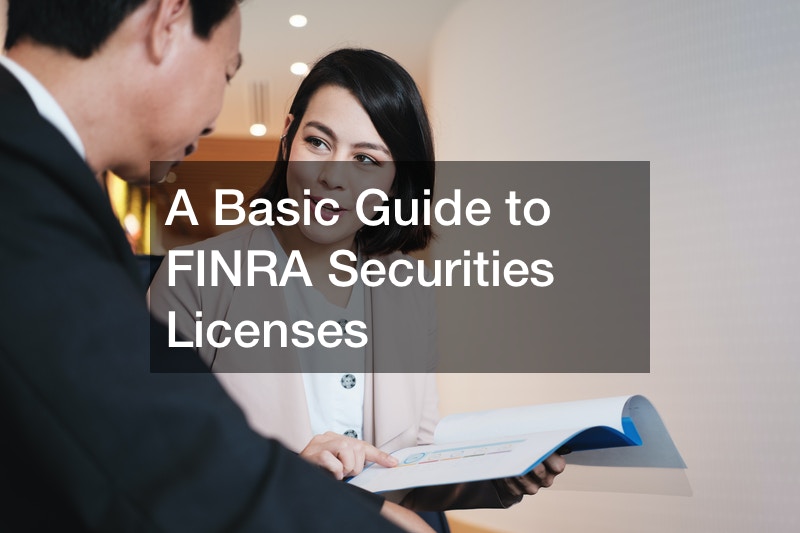
Working with other people’s money needs skill, integrity, and trust. To build trust and ensure brokers and financial advisors have the necessary skill, the Financial Industry Regulatory Authority (FINRA) has designed standards of practice and licensing procedure for financial sector workers. This video outlines different types of licenses an advisor should hold. Each license requirement is outlined, including time required to study, length of the exam, and cost.
The FINRA Licenses are summarized as follows:
- Series 3 — Selling Commodities and Commodity futures
- Series 6 — Mutual funds, variable Annuities and Variable Life Insurance
- Series 7 — Sell almost any type of Security or Fund
- Series 62 — Security analysis (essential for Series 6 License)
- Series 63 — Stockbroker (series 6 and 7 required) — NASAA
- Series 65 — Uniform investment advisor (Financial Planner)
- Series 79 — Investment Banking Representative Exam (involves an SIE Exam and series 79 Exam)
Financial advisers who pass the exams are considered experts in their field and are seen as specialists. The licenses are a prerequisite to working in the financial sector, and some employers offer the FINRA exam sponsorship for their staff.




